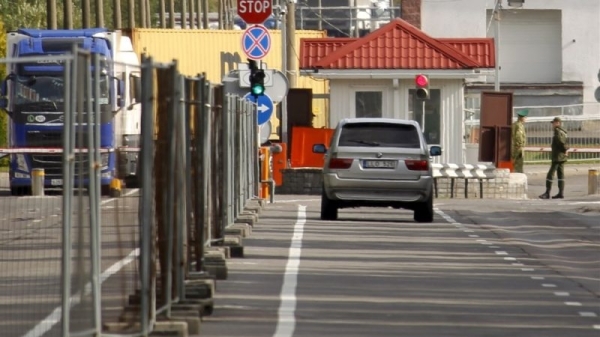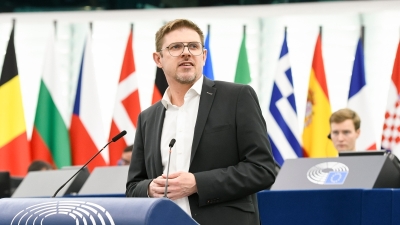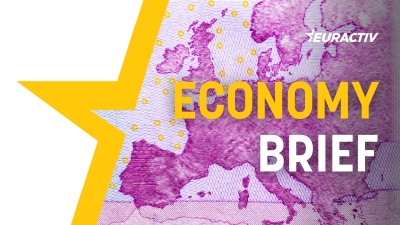New Schengen rules add migration ‘instrumentalisation’ as cause for EU border closures

The European Parliament has approved updates to the passport-free Schengen area rules, including the introduction of border restrictions in case of ‘instrumentalisation’, or facilitating the entry of irregular migrants into EU territory by third party.
According to the legislation approved by the Parliament on Wednesday (24 April), EU member states can decide to close their borders for two years (extendable for another one) or introduce temporary limits if they assess they are in such a situation.
Several civil society organisations, such as Human Rights Watch and Amnesty International, consider this provision presents a concrete risk of violation of the right to request asylum and discrimination.
The ‘instrumentalisation’ was first introduced in the EU’s Migration and Asylum pact, in particular in the legislative file responsible for crisis management, in which it is identified as one of the scenarios to trigger ‘crisis measures’.

EU ministers identify ‘non-state actors’ as cause of migration spikes
EU interior ministers agreed to classify ‘non state actors’ such as NGOs on a par with Russia and Belarus in causing increased levels of migration, as they agreed their position on a new crisis management law.
With the introduction of ‘instrumentalisation’ in the Schengen legislation, member states can apply it at the EU’s external and internal borders.
The legislation also foresees ways to return third-country nationals with irregular status to their first EU country of entry during joint patrols, the press release on the matter explained.
In that regard, the European Parliament obtained the introduction of additional safeguarding of minors during the transfer.
These measures align with the general approach to migration of EU ministers and the European Commission, as the idea of discouraging secondary movement of migrants drove the migration pact negotiations, which concluded in December.

EU Commission wants to tighten controls at external borders
The European Commission is committed in tightening controls at EU external borders to make them more “effective” against irregular migration, Commission President Ursula von der Leyen wrote in a letter to member states on Tuesday (20 March), seen by EURACTIV.
Other cases
The updated rules also aim to clarify when borders can be tightened, for instance in cases like a threat of terrorism, organised crime, or a health emergency.
Member states will identify and assess the threat according to indicated cases in the legislation. However, the EU rules impose timelines for tightening and lifting borders controls.
In the case of terrorism, organised crime, or mass arrivals of third country nationals, two years of stricter controls can be put in place, with a possible prologation of one year.
For public health emergencies, the European Commission can authorise tighter border controls in different EU countries for six months.
Ahead of the vote on Wednesday, 120 civil society organisations asked members to vote against the revised rules, saying they undermine fundamental rights of people looking for international protection.
After this vote, the legislation needs a final confirmation from EU-27 ministers, before being published in the EU journal. Twenty days from the publication, the implementation process formally starts.

EU to open talks on emergency border rules in the Schengen area
EU lawmakers will start negotiations on revisions to the Schengen code in the coming days, in a bid to harmonise rules on border controls or lifting them, in cases such as a health crisis or other kind of threats.
Read more with Euractiv




